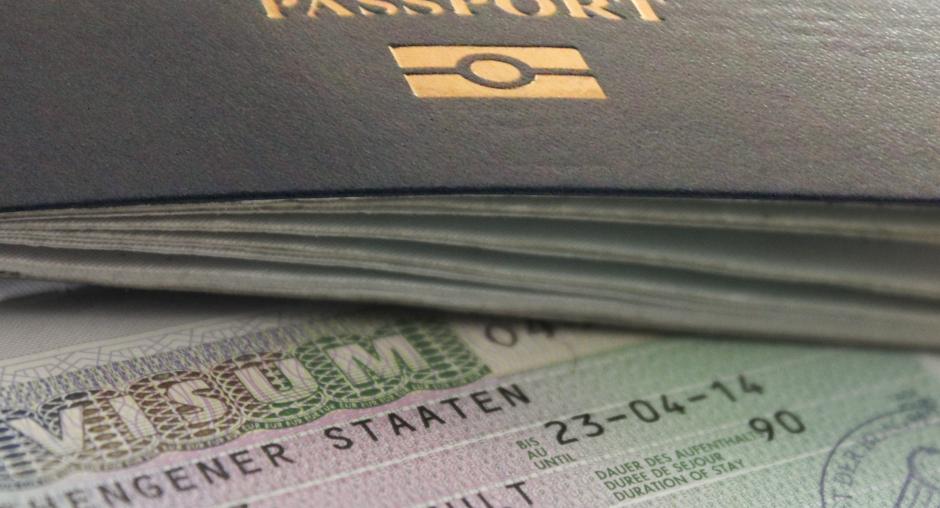OSCE-supported workshop in Armenia focuses on use of biometric passports to curb the movement of terrorists

YEREVAN, 22 May 2013 – Participants at a workshop in Yerevan today discussed ways to prevent terrorists and other criminals from crossing borders with forged travel documents. The forum focused in particular on promoting the International Civil Aviation Organization’s Public Key Directory (ICAO PKD), a technologically advanced system to secure the integrity of biometric passports.
“Introducing biometric passports with chips is a major step towards making it harder for terrorists and criminals to forge travel documents,” said Paul Picard, Counter-Terrorism Officer at the OSCE’s Transnational Threats Department. “It is essential that border officials be able to prove quickly and efficiently that a passport chip has not been tampered with,” he said, adding that this is exactly what the Public Key Directory enables.
The two-day workshop builds on a national action plan that Armenia developed along with the OSCE and the International Organization for Migration in 2009. One of the key points of the action plan was the introduction of ePassports and electronic identification cards in Armenia.
The event brought together 20 representatives from Armenia’s Border, State Registry and Information Technology agencies to discuss the technical, administrative and operational details of the ICAO PKD. It was organized by the OSCE Transnational Threats Department/Action against Terrorism Unit in co-operation with the OSCE Office in Yerevan and the Armenian police.
Since the adoption of an OSCE Ministerial Council Decision in 2009 on the promotion of the ICAO PKD, the OSCE has conducted similar workshops in Albania, Kyrgyzstan, Moldova and Uzbekistan.
